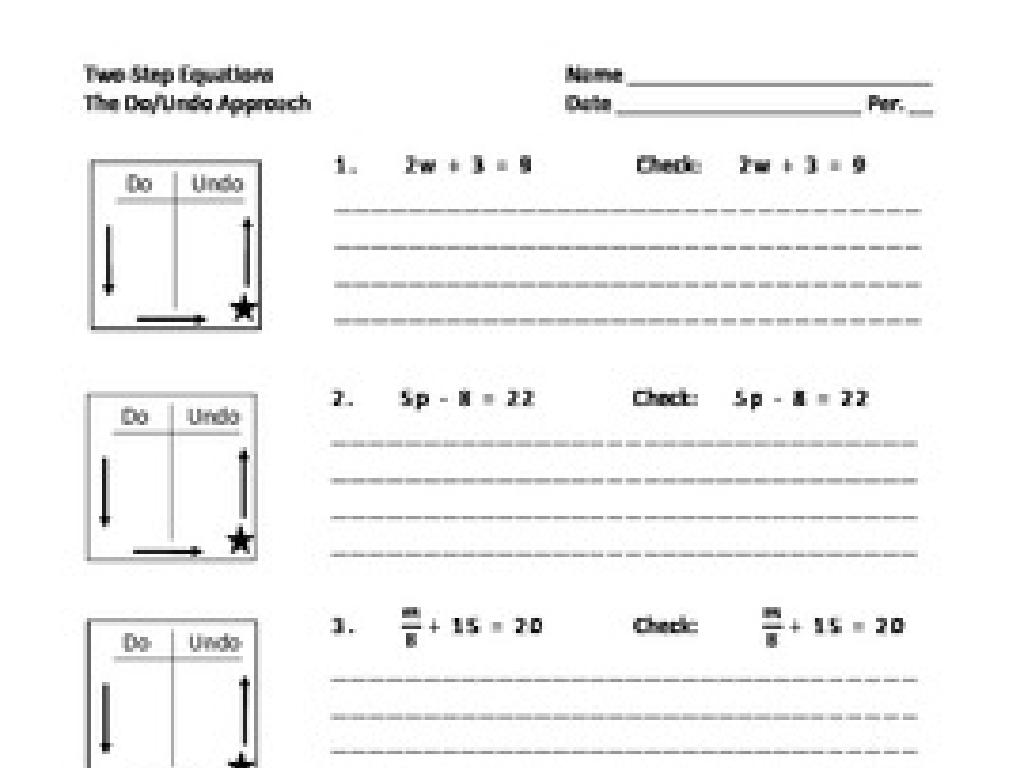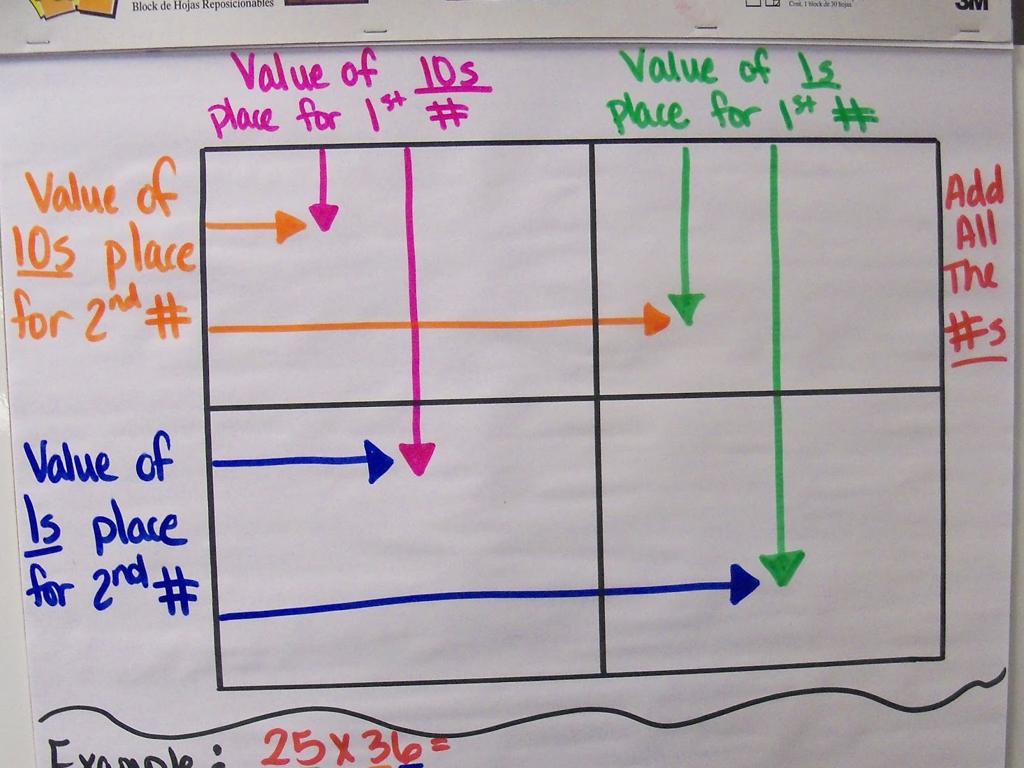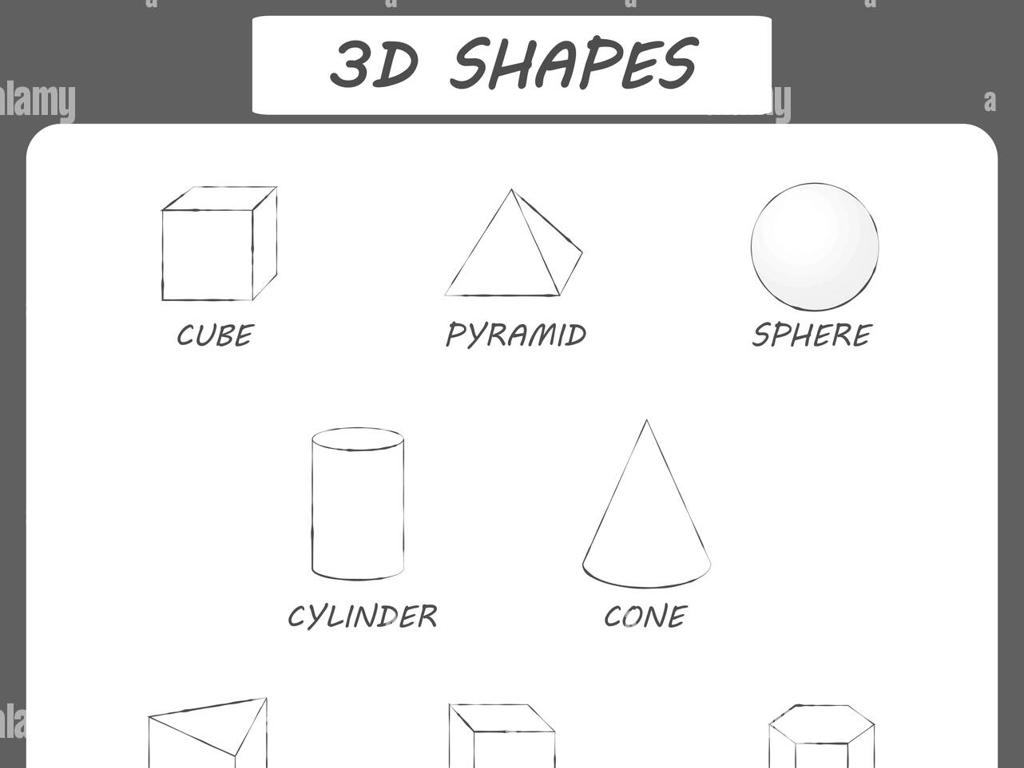Identify The Experimental Question
Subject: Science
Grade: Seventh grade
Topic: Designing Experiments
Please LOG IN to download the presentation. Access is available to registered users only.
View More Content
Understanding the Experimental Question
– Define the experimental question
– It’s the main question your experiment aims to answer.
– Role in experiment design
– Guides the structure and focus of the entire experiment.
– Examples of experimental questions
– ‘Does sunlight affect plant growth?’ or ‘What is the effect of temperature on solubility?’
– Significance of a clear question
– A clear question leads to a targeted investigation and valid conclusions.
|
The experimental question is a fundamental aspect of scientific inquiry, forming the basis of the hypothesis and the direction of the experiment. It’s crucial for students to learn how to identify and formulate a strong experimental question as it sets the stage for the research process. A well-defined question should be specific, measurable, and directly related to the variables being tested. During the class, provide examples of experimental questions and discuss why clarity in these questions is essential for a successful experiment. Encourage students to think of their own questions related to everyday phenomena they are curious about.
Identifying the Experimental Question
– Define the experiment’s purpose
– Ensure the question is specific and testable
– Can be answered with data and observations
– Let the question guide your research
– Helps focus on what to measure and observe
– Directs the experiment’s procedures
|
The experimental question is a crucial starting point for any scientific inquiry. It should clearly state what the experimenter wants to find out, ensuring that it is focused and can be answered through data collection and analysis. A well-formulated question will guide all subsequent steps of the experiment, from the hypothesis to the conclusion. It’s important for students to understand that the experimental question influences the design of the experiment, the variables to be tested, and the overall direction of their research. Encourage students to think of questions that are not too broad and can be investigated with the resources and time they have.
Crafting the Experimental Question
– Must be clear, focused, and researchable
– The question should be specific and narrow enough to be answered through the experiment.
– Include independent and dependent variables
– Independent variables are changed to observe their effect on the dependent variables.
– Ensure it’s measurable and observable
– The outcome should be quantifiable or qualitatively observable.
– Tailor to project constraints
|
When designing an experiment, the question you’re trying to answer is the foundation. It must be clear and focused, meaning it should be specific and not too broad, making it manageable within the scope of your project. It should include both the independent variable (what you change) and the dependent variable (what you observe changing as a result). The question should lead to measurable and observable outcomes, allowing for concrete conclusions. It’s also essential to ensure that the question can be researched given the time, resources, and equipment available. In class, we’ll discuss how to refine a broad question into an experimental one and consider examples of good experimental questions.
Identifying Variables in Experiments
– Independent Variable: The experimenter’s change
– The factor that is changed to test its effects
– Dependent Variable: The outcome of the change
– What we measure or observe in response to the independent variable
– Controlled Variables: Constants in the experiment
– Elements that must remain unchanged to ensure a fair test
– Understanding their roles
– Grasping how each variable affects an experiment is crucial
|
This slide aims to help students understand the different types of variables in a scientific experiment. The independent variable is what the experimenter changes intentionally to see if it has an effect. The dependent variable is what changes as a result of the manipulation of the independent variable, and it’s what we measure in the experiment. Controlled variables are all the other factors in the experiment that must be kept constant to ensure that the test results are due to the independent variable alone. Understanding the roles of these variables is essential for designing a fair and reliable experiment. Encourage students to think of their own examples of each type of variable to solidify their understanding.
Crafting Your Experimental Question
– Begin with a broad topic
– Focus on a specific aspect
– Develop a testable question
– A question that leads to a hypothesis and can be tested by an experiment.
– Example of a good question
– ‘Does the amount of sunlight affect plant growth?’
|
This slide is aimed at guiding students through the process of creating their own experimental question, which is a critical first step in the scientific method. Students should start by selecting a broad topic that interests them, such as ‘plant growth.’ Next, they should narrow this down to a more specific aspect, like ‘the effect of sunlight on plant growth.’ From there, they can formulate a question that can be answered through experimentation, such as ‘Does the amount of sunlight affect plant growth?’ It’s important that the question is clear, focused, and measurable. Encourage students to think about variables they can change and measure, and remind them that a good experimental question will lead to a hypothesis that can be tested.
Identifying Experimental Questions
– Sunlight’s effect on plant growth
– How does varying sunlight alter a plant’s development?
– Temperature’s role in sugar solubility
– How does changing temperature affect how sugar dissolves in water?
– Ramp angle impact on ball speed
– Does altering the slope of a ramp change how fast a ball rolls down?
– Formulating your own questions
|
This slide aims to illustrate the concept of experimental questions, which are fundamental in designing scientific experiments. Each example provided should help students understand how to frame a question that can be tested through experimentation. The first question explores the relationship between sunlight and plant growth, prompting students to consider variables like light intensity and exposure duration. The second question delves into how temperature variations can influence the solubility of substances, using sugar in water as a relatable example. The third question encourages students to think about the physics of motion and how angles can affect speed. Finally, students are encouraged to apply these principles to create their own experimental questions, fostering critical thinking and curiosity in scientific inquiry.
Class Activity: Formulate Your Experimental Question
– Think of a personal experiment
– Determine independent & dependent variables
– Independent: what you change, Dependent: what you measure
– Write your experimental question
– Form a clear, testable question based on the variables
– Share and discuss with the class
|
This activity is designed to engage students in the scientific method by formulating their own experimental questions. Start by having students brainstorm an experiment they’re interested in. Guide them to identify the independent variable (the condition they will change) and the dependent variable (the outcome they will measure). Then, instruct them to write a clear and concise experimental question that connects their variables. Encourage creativity and ensure they understand the relationship between the variables. After writing their questions, have students share with the class and provide feedback. This will help them refine their questions and understand the experimental design process. Possible experiments could range from plant growth with different fertilizers to the effect of study time on test scores.
Peer Review: Experimental Questions
– Pair up and share your questions
– Provide constructive feedback
– What did you like? What can be clearer?
– Discuss improvements together
– How can the question be more specific or testable?
– Present questions to the class
|
This slide is designed to facilitate a peer review activity in the classroom. Students are expected to pair up and exchange the experimental questions they have formulated. They should provide each other with constructive feedback, focusing on clarity, specificity, and how testable the question is. Encourage students to think critically about what makes a good experimental question and how they can refine their own. After the discussion, select a few pairs to present their questions and the feedback they received to the entire class. This will help students learn from each other and understand different perspectives on how to improve their experimental questions. The teacher should guide the activity, ensuring that feedback is positive, constructive, and focused on making the experimental questions more effective for scientific inquiry.
Conclusion & Homework: Crafting Experimental Questions
– Review: Why is the question vital?
– Homework: Create two experimental questions
– Think of questions that spark curiosity
– Explain your choice of questions
– Consider the reasons for your interest
– Predict the expected outcomes
– Use knowledge to hypothesize results
|
As we wrap up today’s lesson, it’s crucial to reiterate the significance of the experimental question in the scientific process. For homework, students are tasked with formulating two unique experimental questions. They should reflect on topics that pique their interest and consider why these questions are worth investigating. Additionally, students should be ready to discuss their rationale and predict the potential outcomes of their proposed experiments. This exercise will help them understand the importance of a well-structured question and how it guides the direction of scientific inquiry.






